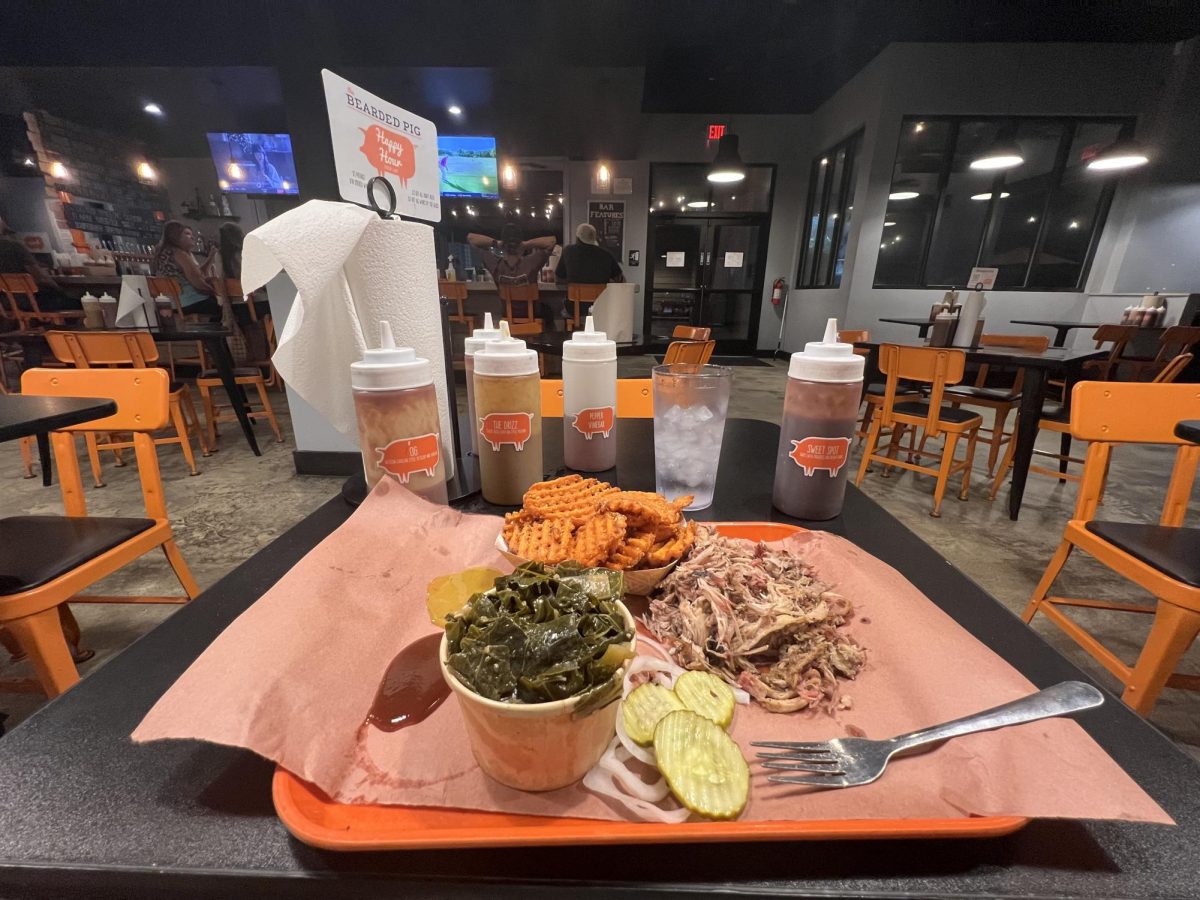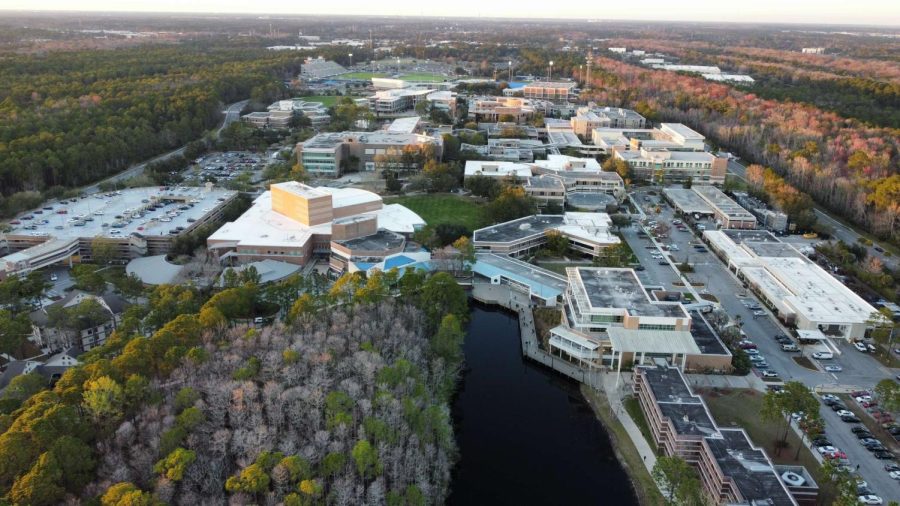A news story can be a funny thing. Depending on the medium, an anchor may use a 30-second segment to read out the very basics of a multi-faceted, exceedingly complex issue before moving on to the next. Perhaps you turn to print to learn more about a story. You may often find the writer better explains what’s going on in the present but fails to fully describe the decades and centuries of history that snowballed into the event experienced now.
Simply put, the news can lack context. It’s hard to put so much information into a story short enough for many audience members to maintain interest. After all, people have to go to work. Can they really afford to read a 50-page research paper for every news story happening on the other side of the world? That’s the power of podcasts: you can listen to them on your way to work, and unlike radio, you can decide which stories to listen to.
COVID-19, the war in Ukraine, election polls and what Donald Trump is doing may be newsworthy things, but the constant daily coverage of these popular topics can take time away from other important stories.
A self-described “sucker for podcasts,” University of North Florida (UNF) journalism professor Nicholas Tatro is “so over” the repetition in the mainstream news. One of the reasons Tatro enjoys podcasts is because he can step away from mainstream stories and learn other things that may be more immediately relevant to his life.
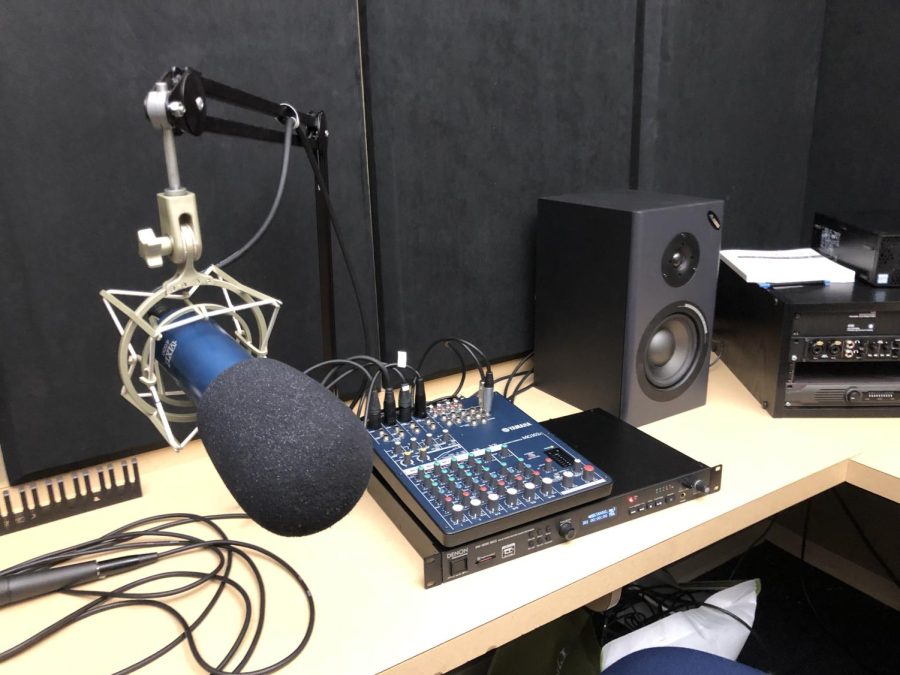
“Podcasting plays a big role in kind of bringing people up-to-date and allowing them to hear a relaxed conversation about something as opposed to ‘he said this, and she said that,’ which can get overwhelming,” Tatro explained.
While covering conflicting perspectives is essential to fair reporting, the news can sometimes focus too much on the drama of conflict, shifting attention away from why the conflict exists to begin with. That’s where podcasts can help.
Long-form narrations and conversations can provide breakdowns of the complexities of present issues. While this can also be achieved with radio, podcasts provide a wider variety of topics to listen about that don’t have to conform to an allotted time.
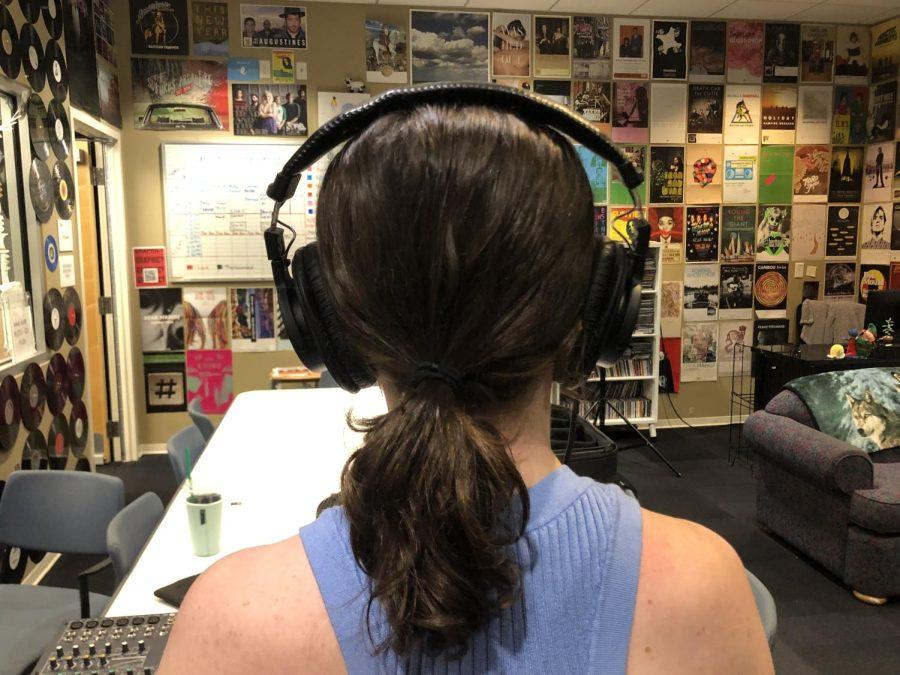
The freedom and flexibility that make podcasts powerful are also something listeners may need to be wary of. Anyone is free to make them. Citizen journalism allows new perspectives to be heard but also opens the gate for false information to pour into the audience’s ears.
There’s no clear-cut way to sift through “fake news” to get to the good stuff, but one way to start is to look into who the podcaster is. Does their educational background qualify them to speak on the topic? Are they in or from an area where they have first-hand experience with the thing they’re talking about?
“You let people tell their own stories- now that lacks context, and you know people leave stuff out. It’s one-sided for sure […] but you’re able to hear without the curator,” Tatro explained.

“We want to put the narrative back in the hands of the people,” Eric Maddox, the creator of the podcast Latitude Adjustment, said. Maddox created the Palestine Podcast Academy to do just that. The initiative trains Palestinians in audio and podcasting to tell their stories and reach an international audience, in hopes of raising awareness about their situations.
“What has so often happened in the past, especially with what’s happening in Palestine, you have foreign correspondents just kind of parachute in and tell the people’s stories for them,” Maddox said.
Podcasting is an outlet for diverse perspectives to be heard. Traditionally, large media outlets dictated the narratives audiences learned about. For Maddox, podcasting lets new narratives be told, without a corporate curator that may tell stories that only conform to specific perspectives.
Not only can the un-curated words of a person help listeners connect with a story, but they can also provide a kind of behind-the-scenes look at how interviewing and reporting are done.
Tatro recounted this benefit of podcasting from his time as the Deputy International Editor for the Associated Press, years before he began teaching at UNF.
“We would get the correspondents coming from overseas who were on home leave […] and interview them about how they got their stories, not just those stories themselves,” Tatro said. “Our reporters encounter and report the news in reality, on the ground— how they get the information, what obstacles they have to overcome, all that’s usually left out of your stories.”
This is not to say that all podcasts offer inside looks at the jobs of professional journalists; many podcasts have nothing to do with journalism at all. Musicians, foodies, techies, gym rats, gamers, artists and your average Joe can all make podcasts about anything and everything.
Some may say that when anyone with a microphone can make one, the educational benefit of podcasts is lost. Still, there is something to be said about the variety of topics the podcasting format offers. Not only do podcasts offer variety, they offer accessibility.
People who are dyslexic or have trouble seeing don’t have to worry about struggling to read through an article. Commuters and those who are frequently on the go don’t have to set aside time to read the paper or watch the news— they can listen to it. Even people in rural areas without good radio signals can download their favorite podcasts without fear of their story being replaced with static.
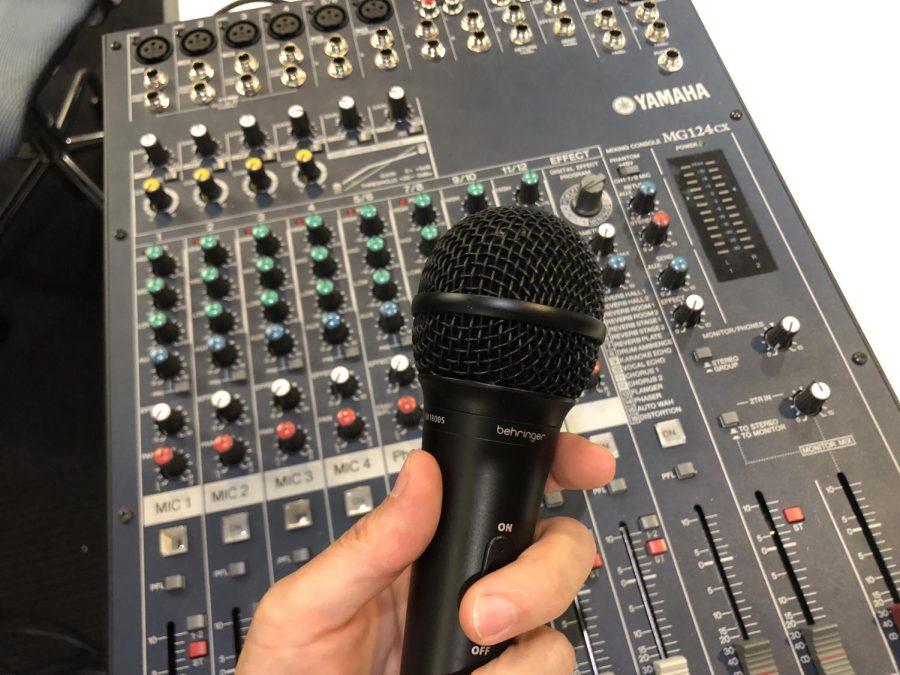
Podcasts are not only accessible for listeners. Creators don’t need much to make them, so the podcasting format is accessible to people who don’t have much money, but still want to have their voices heard.
“Podcasting is fast and light,” Maddox said on why he makes podcasts and chooses to teach Palestinians how to make them. “If somebody has a microphone and a laptop and an Internet connection, they can effectively reach an international audience.”
Maddox’s project aims to let Palestinians use their voices to raise awareness about injustices they face. While participating in the project can be risky for some of the people involved, he explained that the format provides the Palestinian podcasters with a bit more anonymity than they would receive with a format that uses pictures or videos.
Podcasting is an emerging medium in the Middle East, Maddox explained. His project takes advantage of how the Internet offers accessible forms of expression. People who are often talked about in the media can now begin to speak for themselves.
Media is continuing to evolve, and it’s always a good idea to question claims and fact-check sources. Not every podcast will be factual (or interesting), but there’s a lot to choose from. As you sift through the topics, you may find there are a lot of different stories that a lot of different voices have to tell. That’s the power of podcasts: the power to be heard and the choice to listen.
If you’re interested in diving into the sea of podcasts (or even just dipping a toe in the water) here’s a few to check out:
- Latitude Adjustment– “A journey around the world through conversation”
- The Daily – The New York Times 20-minute podcast discussing news headlines
- The Prof G Pod – Discusses the media industry, economy and innovation
- Decoder Ring – A podcast about “cracking cultural mysteries”
- Decoder with Nilay Patel – Talks to policymakers and innovators about business and tech
- Business Wars – Stories about businesses and how they shape what we buy
- Gastropod – Explores food, science, farming and history
- Unexplainable – “A science show about everything we don’t know”
- Dan Carlin’s Hardcore History – Long-form podcast that breaks down historical events
- Huberman Lab – Talks about health and science
- Code Switch – Explores topics of race in different contexts
___
For more information or news tips, or if you see an error in this story or have any compliments or concerns, contact editor@unfspinnaker.com.





